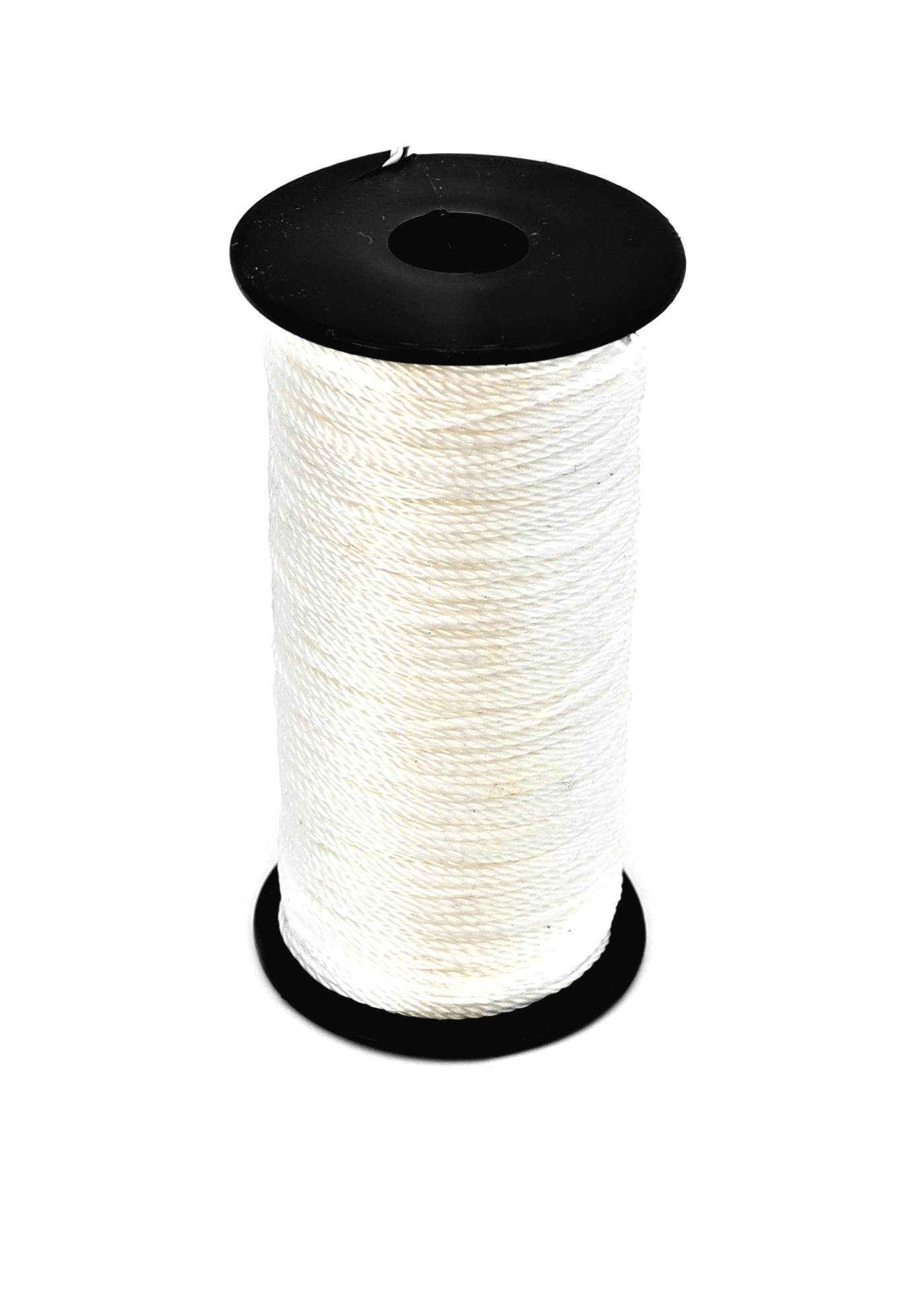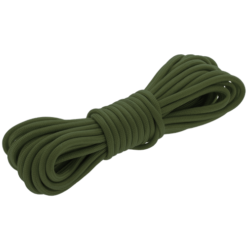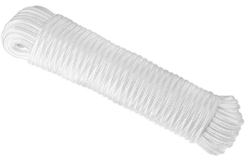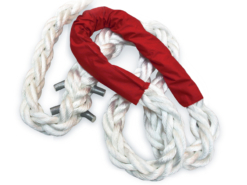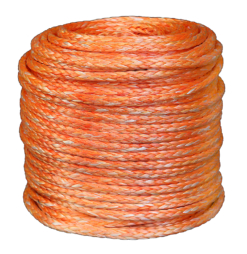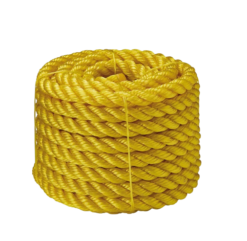Polyamide ropes
€1.50 – €12.20
Polyamide thread
– color selection
– High breaking load and elongation
– abrasion resistance
– resistance to repeated bending
– non-skid
Polyamide ropes. The picture is for illustrative purposes only. If the color of the product matters to you, please contact the administrator for clarification.
| Diameter, mm | Coil, m | [] |
||
|---|---|---|---|---|
| Diameter, mm | 1 mm | Coil, m | 100 | |
| Diameter, mm | 1.5 | Coil, m | 2200 | |
| Diameter, mm | 1.5 | Coil, m | 100 |
High-strength and abrasion-resistant polyamide thread is a versatile household material. Polyamide thread is a thin polyamide fiber product designed for technical, industrial and household purposes. The raw material is a synthetic material obtained from the processing of oil, coal, gas. The surface of the fibers is smooth, white, but can be easily dyed for a long time without losing strength. The thread is characterized by moisture resistance and biostability, fibers are not destroyed by UV-radiation, temperature spikes, thermal oxidants, sea salt. Fungus and mold do not form on the fibers, it does not lose its properties when wet.
Popular areas of application of the product are light and food industry, as well as printing. Twisted kapron thread provides reliable fixation of the tightened knot. The absence of ligaments, equilibrium balanced twist of the thread spread its use in fishing. Polyamide threads are widely used in automotive, aviation and footwear industries. Capron material is used to make slings, ropes, cables, fishing and other nets, corded fabric for various industries, bags for heavy loads and other containers and packaging. The service life of polyamide materials can be counted in decades, which is probably why the scope of application of polyamide twisted yarns is quite wide.
In addition to the above, the product of this type is used:
in horticultural work: for gartering large fruits, dividing beds and vertical cultivation of vegetables;
in construction: as a cord for marking or as part of a plumb line;
in sports: for making sports equipment;
in household needs: for stitching bags and tying some things together;
in fishing: for making and repairing fishing tackle, knitting fishing nets and others.

